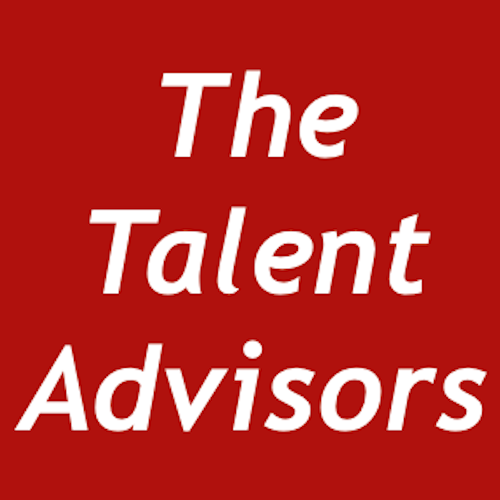BEFORE CHANGING JOBS: QUESTIONS YOU MUST ASK
This article is part of our Insights For Action series. Join the mailing list to receive this and more.
Your career is significant professional and personal capital. Searching for a new job creates dilemmas, as all new roles come with risk.
Certain events lead to thought of a new job. Disappointment over a missed promotion, a less than expected bonus, wanting to reduce stress, tensions with a key manager are typical triggers.
A successful career is rarely a straight line. In fact, search firms look for a balance between external and internal moves, with enough stability to demonstrate persistence, broad experience and ability to achieve results.
While the objective of a job switch may be to achieve a perceived or incremental promotion, what is not certain is the success of that move.
It often comes back to: strengths, motivation, fit and organisational context.
When under pressure – real or self-imposed – not asking the following questions is a mistake.
Are There Due Diligence Gaps? Context should not be taken for granted. What influences talent-markets for this sector, organisation and role? What’s the financial health? Market position? What would the SWOT reveal? Are they a merger or takeover target? Growth prospects? What’s their record in offering career paths and development? What’s the real culture, values and management style? Will I continue to learn?
Am I Misreading The Role? How the business operates at a systemic level dictates the ‘role-in-practice’ more accurately than title and position description. Clarify performance expectations, including when to achieve early results. ‘How’ is as important as ‘what’. What are ‘wins’ in this culture and how are they achieved? What are the cross-divisional dependencies?
Can I Really Get Results? Executives rarely achieve results in a vacuum. Processes, systems, caliber of colleagues, strong supporting divisions and budget allocations all contribute to success or failure. Will you continue to perform in a new setting? Overestimating the ability to achieve change, poor cultural adaptation, coming in with ‘the answer’ while alienating key or needed people, are the most common new hire failures.
Will I Lack Needed Support? To succeed in a new role you will need a strong network of positive relationships ranging from your direct manager, the CEO, peers, direct reports, key customers, suppliers, the board or executive committee members and possibly market analysts. Be politically astute, discrete and consider from where support and resistance will come.
Should I Be Moving For Money? An attractive remuneration offer is flattering but it can come at a cost. Of course a well-structured salary package is important and it is tempting to opt to earn more money now. Be realistic about why the move is attractive and don’t hope that money will compensate for a lack of satisfaction, greater pressures or hazy longer-term prospects.
Am I Feeling Pushed Or Being Pulled? It is human nature to avoid loss or pain. Is it that you want to move away ‘from’ a situation? Are you going ‘to’ the right opportunity? Being unhappy, stressed or desperate to get out leads to poor decisions or hasty due diligence. This thinking also starts to close-off lateral possibilities that still exist at the current business.
Will A Quick-Fix Backfire? Being overly influenced by short-term pressures can significantly cloud the job search. You stop interrogating signals and information. You ignore your deal-breakers. What tends to kick in is a sense of inevitability about moving or accepting a new role, rather than strategically assessing what is best in the medium and longer time.
Are Blind Spots Closing-Off Options? Sometimes the best strategy is to stay with your organisation. What needs to change in your current situation? Explore how to enrich your role, move laterally, work off shore or take on an interim transfer. Initiate proposals for assignments or new learning. ‘Pitch’ a proposal that creates new business. The ability to recombine skills, competencies and experience increases future options.
Every career is unique. Critically think through the potential of a move as if you were buying a major asset. All new roles come with risk. In many ways your career is one of your most significant pieces of professional and personal capital.
By the way, it is a career risk not to have up to date connections and rich relationships, including a capability-based resume and professional LinkedIn profile that tells the right story.
Discover what support we offer executives.
Be added to the distribution list for future articles or keep reading.
Copyright and All Rights Reserved | About Dianne Jacobs

